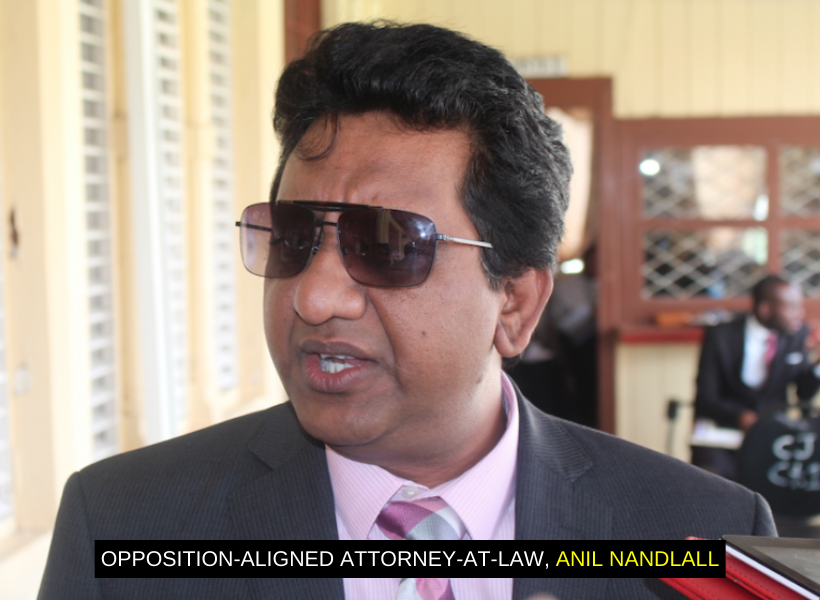Even though the oil was discovered offshore more than four years ago, Guyana is still not prepared to manage the sector as first-oil looms. This is the contention of opposition Member of Parliament (MP), Former Attorney General and Legal Affairs Minister, Anil Nandlall.
The politician, during a televised programme, “Issues in the News”, said that as ExxonMobil gears for oil lifting, the necessary policies to ensure effective and efficient management of the sector are yet to be formulated. Nandlall’s comments come against the backdrop of ExxonMobil’s revelation that there is a high probability that oil lifting can commence next month.
“Where are we in terms of preparations? We have done absolutely nothing as a country – nothing! We are no way different from when the announcement was made in 2015 that oil was found in territorial Guyana in commercial quantities. Fast forward to now – not a single significant preparatory step has been taken,” Nandlall said.
Nandlall added that with all the predictions being made about Guyana’s economic growth from oil, one would think that the necessary policies would have already been in place to bring those forecasts into reality. One such mechanism is the petroleum regulatory body, that is yet to surface.
“We have no petroleum commission or regulatory body – none! We have none that will regulate this industry,” he said while taunting the government for not being able to “get out” the Petroleum Commission bill despite having a majority in the National Assembly.
Nandlall went on to talk about the lack of environmental policy, or a National Oil Spill Plan (NOSP).
“There is no safeguard whatsoever should there be an environmental disaster emanating out of the industry. And, this is one of the industries which is prone to environmental hazards,” Nandlall observed.
The drafting of that plan is being done by the Civil Defence Commission (CDC), with support from other agencies. Guyana Standard was informed that the recent flooding had resulted in the plan being put on pause as resources had to be diverted to address the inundation of several communities along the coast.
Nandlall, in his critique, said that the lack of a Local Content Policy (LCP) is another “lapse” on the part of the government. This policy has been the source of much debate over the last months with the local private sector calling for the policy to be implemented to ensure that there is an equitable provision of opportunities to both local and foreign-based companies.
“We don’t have any local content protection – nothing! We don’t have anything at all. So, foreigners are here and they are buying out properties left, right and centre preparing themselves to benefit from the oil industry with the encouragement of the government, and no protection for local people – none,” said Nandlall.









